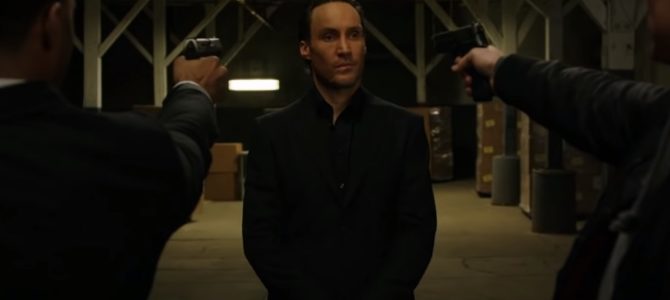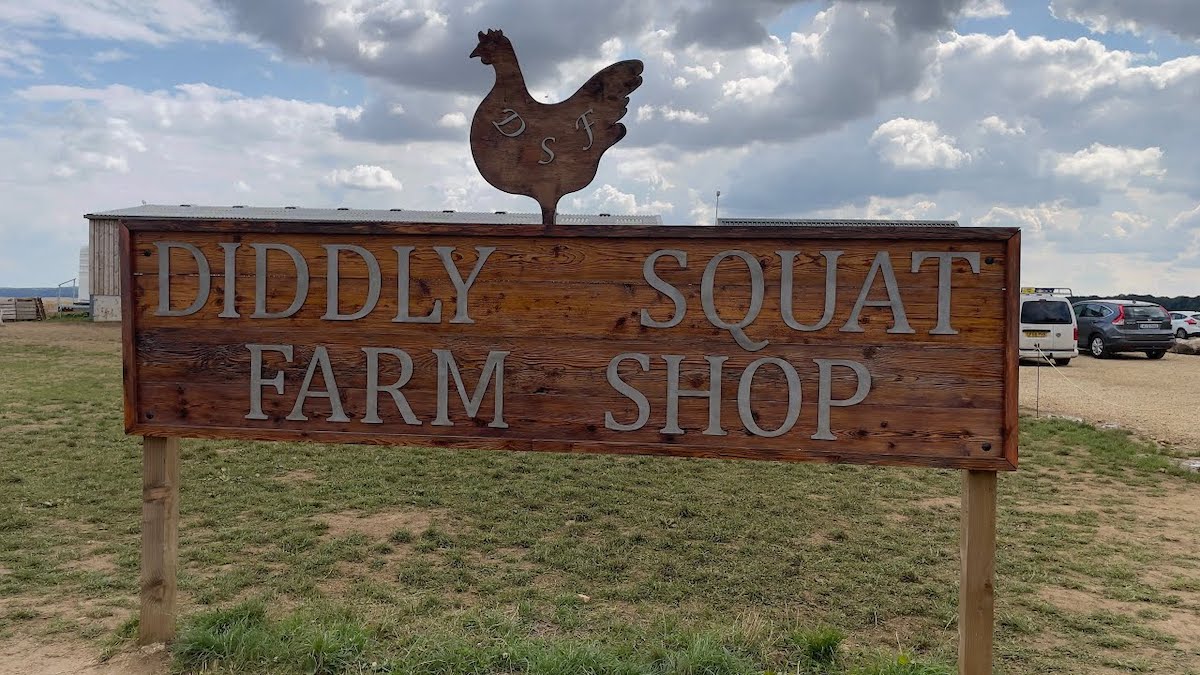
“Okay, I get you. See, that’s that sh-t you be pulling down there with them white motherf-ckers at City Hall. But that sh-t ain’t working with me. All I’m saying is, unlike you, I got people that depend on me and I’m sorry if I ask a few questions that hurt your motherf-cking feelings.”
Starz’s “Power” isn’t big on being polite. When Kamal Tate, big brother of gubernatorial candidate Rashad, says that, he’s not making a speech. He’s questioning his brother about why a hitman was trying to take him out in Kamal’s backyard.
Rashad’s attempted feint, “Every black man you see is a suspect, guilty until proven innocent,” doesn’t sway Kamal. He doesn’t want a talking point, he wants to know why a hitman was in his backyard.
‘Power,’ the Cliff’s Notes Version
For the uninitiated, “Power” seeks to answer the question “What if there were a soap opera revolving around hyper-violent cocaine dealers?” It focuses on James St. Patrick, a.k.a. Ghost, the head of a drug empire in New York City.
A former corner kid who rose to kingpin, Ghost doesn’t want to suffer the fate of most kingpins‒death‒and wants a way out without sacrificing his status. He ultimately realizes that politics is his best bet, not that he gets to that conclusion immediately.
First, he starts with trying to turn his nightclub, Truth, into his primary source of income rather than just a money-laundering spot. From there, Ghost and his wife Tasha get divorced after Ghost has a lengthy affair with his high school sweetheart (whom he reconnected with at Truth’s opening night). Tasha ends up broke due the terms of their divorce.
One of their daughters is murdered by a dirty cop. Ghost and his son Tariq end up alienated from one another after Tariq murders the cop. Ghost and his partner Tommy end up on the outs, with Tommy thinking Ghost ratted him out to feds. Ghost’s protégé Dre sells him out and tries to kill him.
Various other law enforcement officials get thwarted by Ghost and contemplate killing him. Ghost ultimately gets shot in a “Who Killed J.R.?” climax to the first half of the final season that veers closer to “Who Shot Mr. Burns?” than “Dallas.”
Political Office Is Kind of a Step Down from Selling Drugs
I’m sure you’re shocked to learn that a drug lord gets murdered, but there is a reason. Beyond the backstabbing and shadiness concomitant to running a drug empire, there’s another impetus. When Ghost decides politics is his path to redemption, he backs the gubernatorial campaign of Rashad Tate. Tate has questions about where Ghost really gets his money and his biography, but he’s also a sleazeball, so it doesn’t much matter.
What does matter is that Ghost leaves all his former friends and associates behind as part of this quest. While they’re struggling to maintain, he’s poised to head to Albany. Alas for Tate, his alliance with Ghost doesn’t last. Ghost, ever focused on his own success, ends up joining the campaign of Tate’s primary opponent Lorette Walsh as her lieutenant governor, effectively ending Tate’s campaign.
It’s worth mentioning that these are all Democrats, which should be obvious given we’re talking New York politics, but isn’t a given when talking pop culture and which party sleazeballs generally get put into. It’s also worth mentioning that it’s picked up viewers as the show has progressed.
But Seriously, Who Killed Ghost?
Sunday, we’ll get the answer to that question. Despite a cornucopia of suspects, extending to everyone except Maggie Simpson, it’s down to two: his ex-wife Tasha and his son Tariq. Both had motive, and neither have been exonerated in the previous four episodes. Those cleared include his previous partner and best friend Tommy, the sister of his murdered mistress, the federal prosecutor who lost his job while trying to take Ghost down, and his former protégé.
Is it Tariq? Is it Tasha? Theories abound. Either way, it’s riveting television and it is the answer to the question, “What if there were a soap opera focused on hyper-violent coke dealers?” “Power” doesn’t follow a formula, it doesn’t toe the line, it doesn’t acknowledge boundaries. It also doesn’t seek to point its finger at society. There’s never a hint that the adults in the show ended up in this situation because they had no choice.
They’re just horrible antiheroes who do horrible antihero things. But along the way, they also cross some lines that are too often left untouched. The result is irreverent, compelling, and fun.









